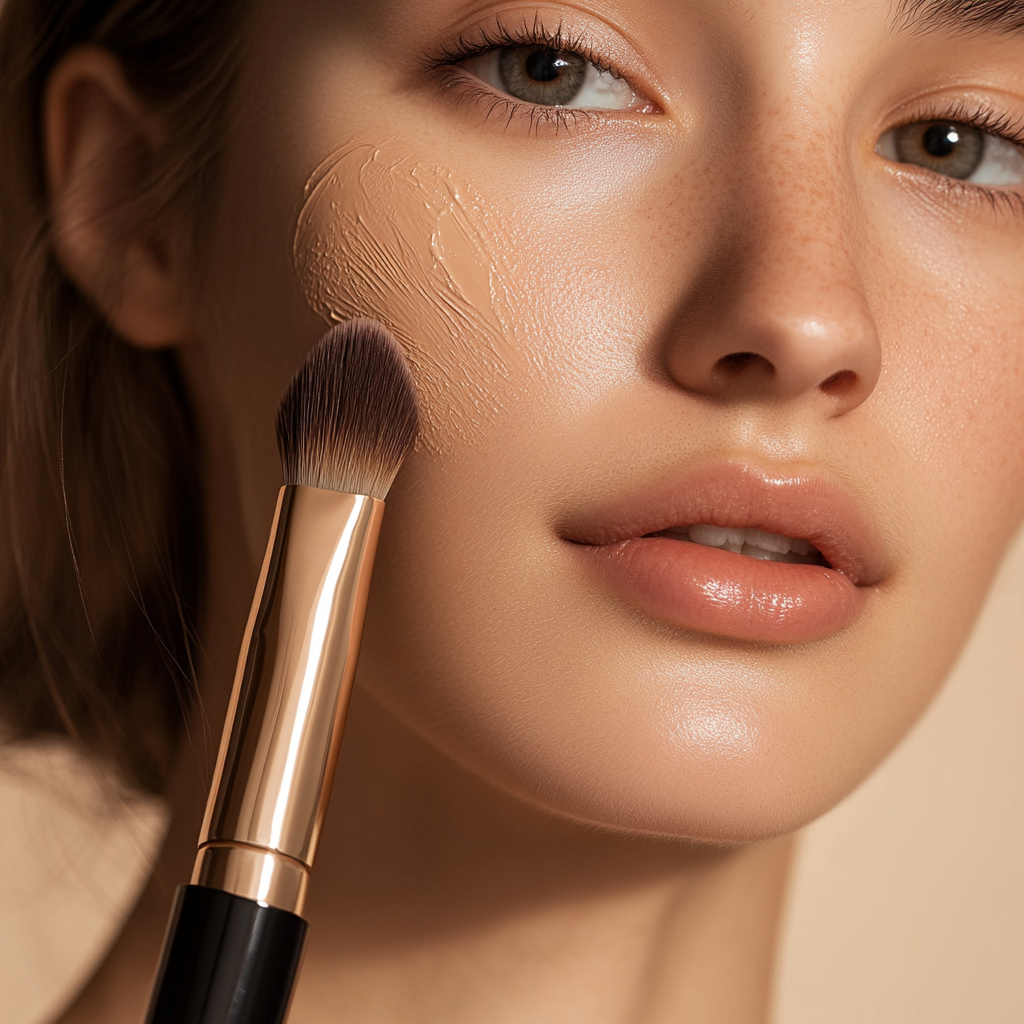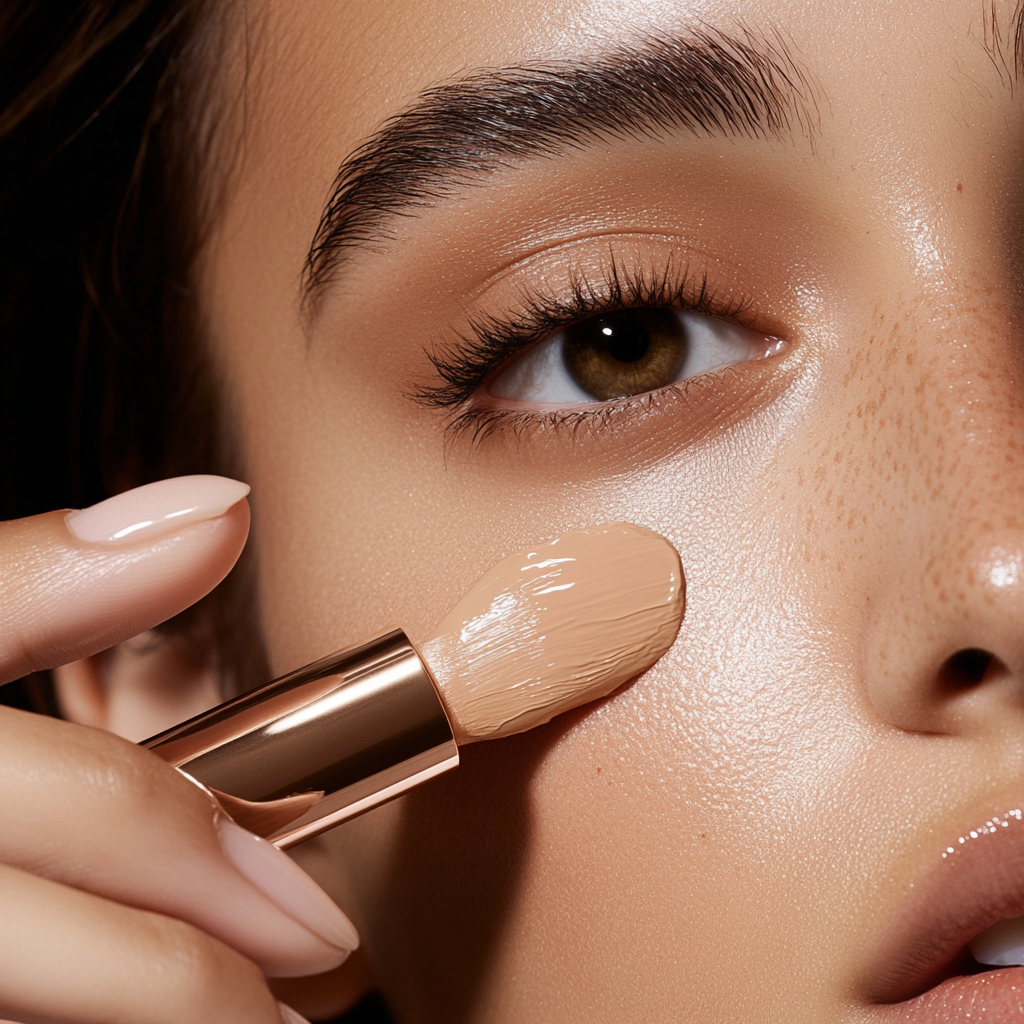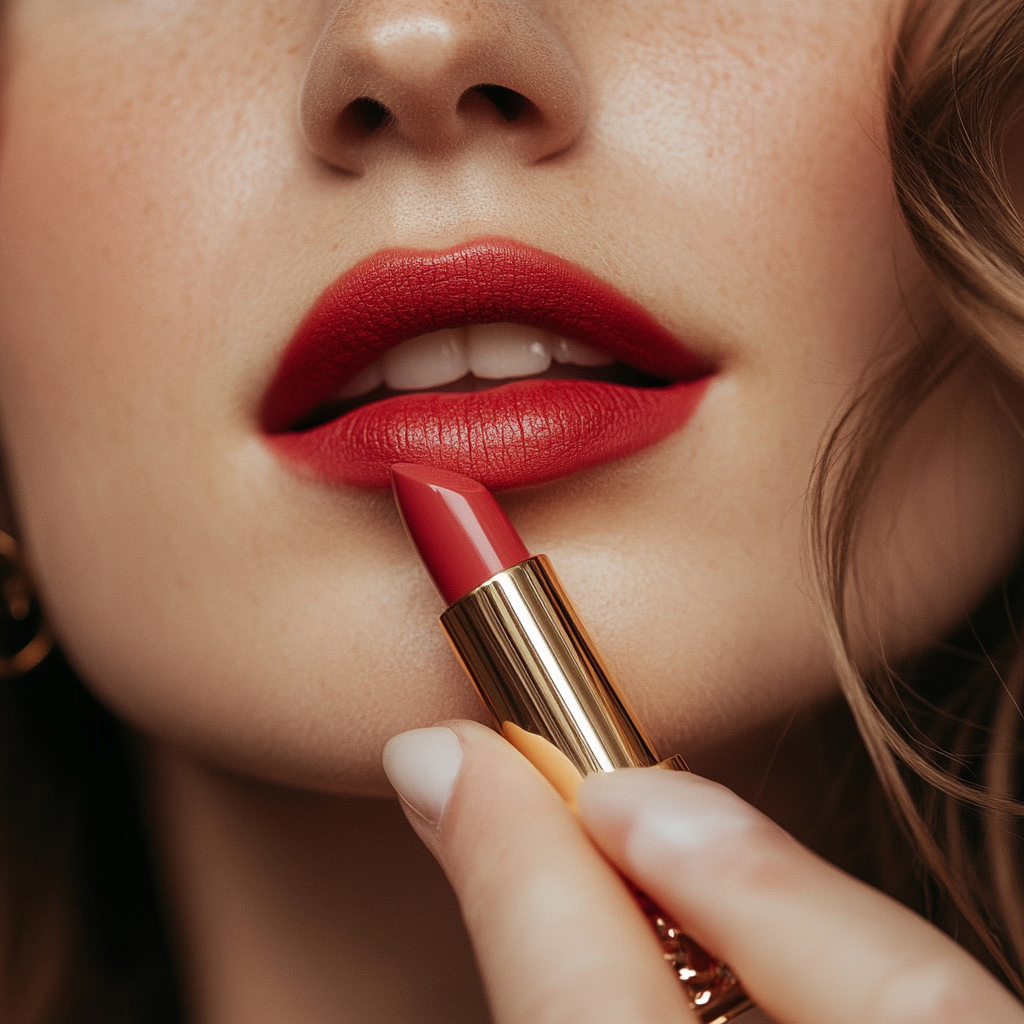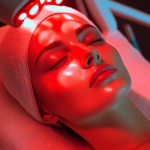Now Reading: Is Non-Comedogenic Makeup Really Better for Your Skin?
-
01
Is Non-Comedogenic Makeup Really Better for Your Skin?
Is Non-Comedogenic Makeup Really Better for Your Skin?

Understanding Non-Comedogenic Makeup: Fact or Hype?
When choosing makeup, especially for acne-prone or sensitive skin, you’ve probably seen the term “non-comedogenic” on foundations, primers, and powders. But does it actually prevent breakouts, or is it just another marketing buzzword? Let’s break down the science behind non-comedogenic makeup and whether it’s truly the best option for your skin.
What Does “Non-Comedogenic” Actually Mean?
The term non-comedogenic refers to products formulated without ingredients known to clog pores (comedogenic ingredients). This is particularly important for acne-prone, oily, and sensitive skin types, as clogged pores can lead to breakouts, blackheads, and irritation.
However, there’s no FDA regulation on what qualifies as non-comedogenic, meaning brands can use the term without standardised testing. That’s why understanding ingredients is key to finding truly skin-friendly makeup.
Best Ingredients in Non-Comedogenic Makeup
✅ Silicones (Dimethicone, Cyclopentasiloxane) – Create a smooth finish without clogging pores.
✅ Hyaluronic Acid – Hydrates without greasiness, perfect for oily and acne-prone skin.
✅ Zinc Oxide & Titanium Dioxide – Natural mineral sunscreens that won’t clog pores.
✅ Niacinamide – Controls oil production and soothes inflammation.
✅ Squalane – A lightweight moisturiser that mimics skin’s natural lipids.
✅ Aloe Vera & Green Tea Extract – Anti-inflammatory ingredients to calm breakouts.
Ingredients to Avoid in Acne-Prone Skin
❌ Coconut Oil & Cocoa Butter – Highly comedogenic, leading to clogged pores.
❌ Lanolin – Common in creamy products but can trigger breakouts.
❌ Isopropyl Myristate & Isopropyl Palmitate – Fast-absorbing but can congest pores.
❌ Alcohol (Denatured & SD Alcohol 40) – Can be irritating and over-dry the skin.
❌ Fragrances & Dyes – Potential irritants that can cause redness and sensitivity.
Best Dermatologist-Approved Non-Comedogenic Makeup Brands
🔹 Best Foundation for Oily Skin: Fenty Beauty Pro Filt’r Soft Matte Foundation
🔹 Best Hydrating Foundation: IT Cosmetics Your Skin But Better CC+ Cream
🔹 Best Powder: BareMinerals Original Loose Powder Foundation
🔹 Best Concealer: NARS Radiant Creamy Concealer
🔹 Best Tinted Moisturiser: Ilia Super Serum Skin Tint SPF 40
Does Non-Comedogenic Makeup Prevent Acne?
✔ For acne-prone skin → Yes, it reduces the risk of clogged pores.
✔ For sensitive skin → Yes, it minimises irritation.
✔ For dry skin → Maybe, but hydration is key.
✔ For preventing all breakouts → Not guaranteed. (Other factors like skincare, diet, and hormones play a role.)
While non-comedogenic formulas can be beneficial, choosing high-quality ingredients matters more than the label itself. Pairing non-comedogenic makeup with a solid skincare routine ensures your skin stays clear, balanced, and breakout-free. 🌿✨

























